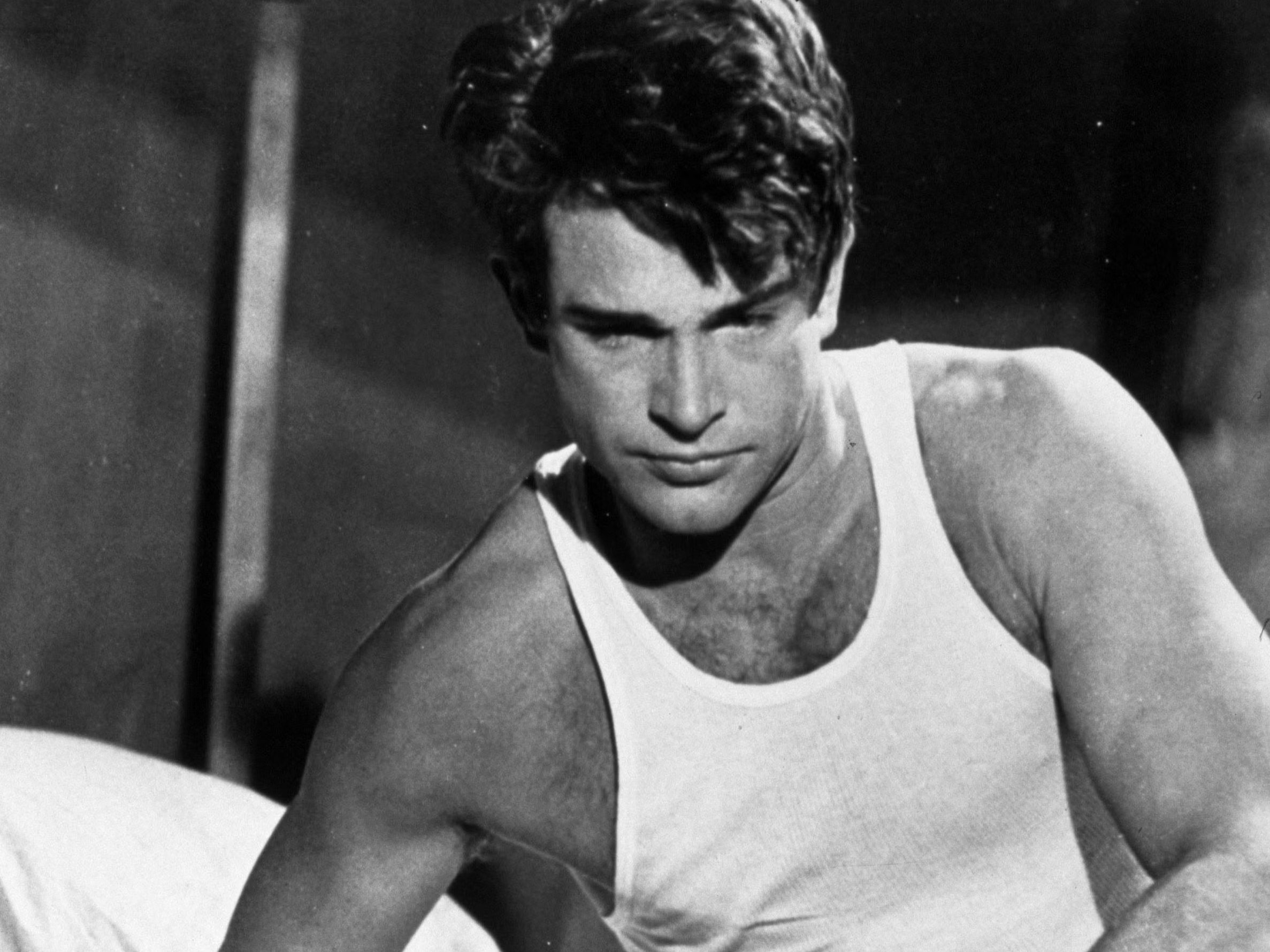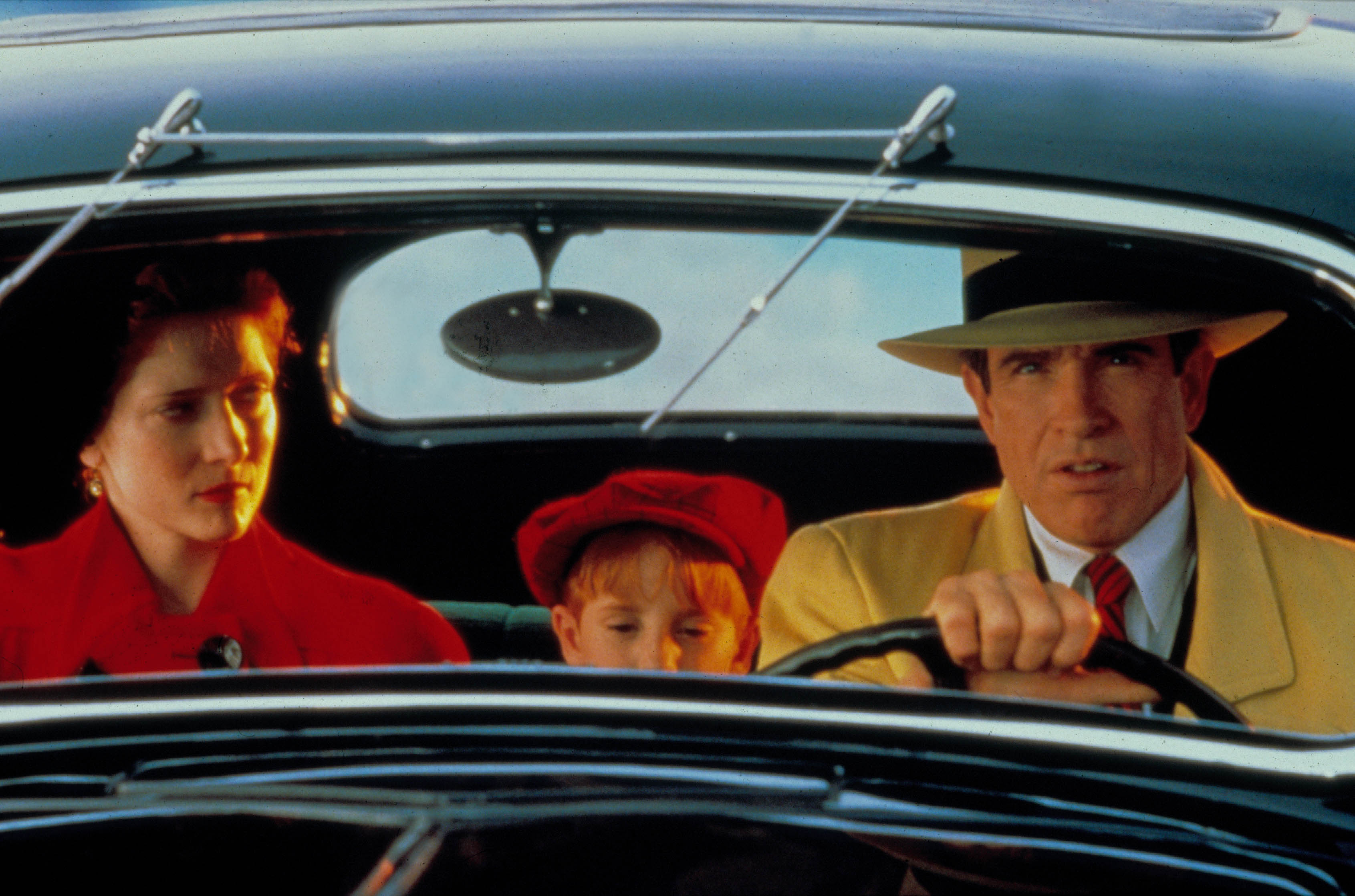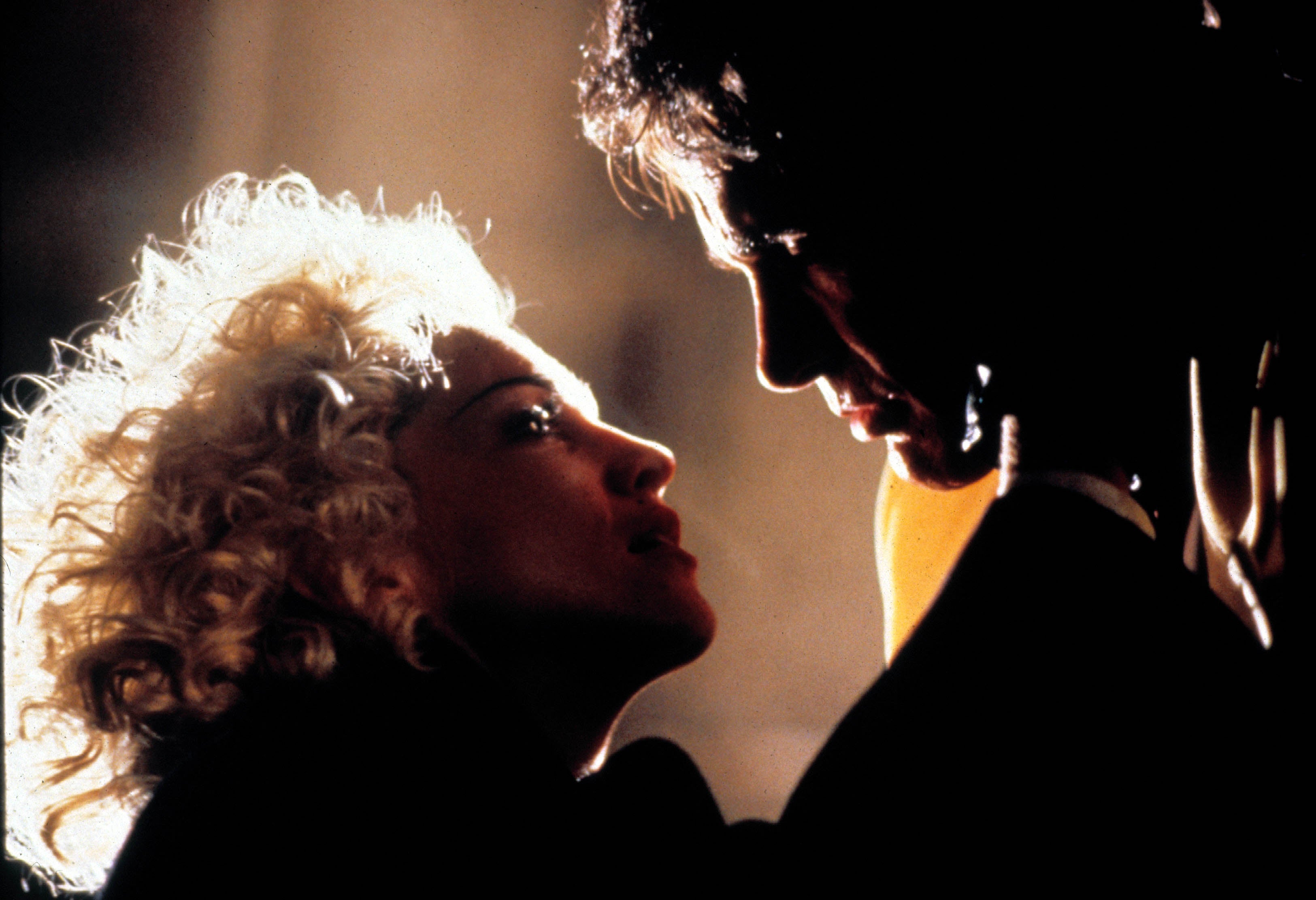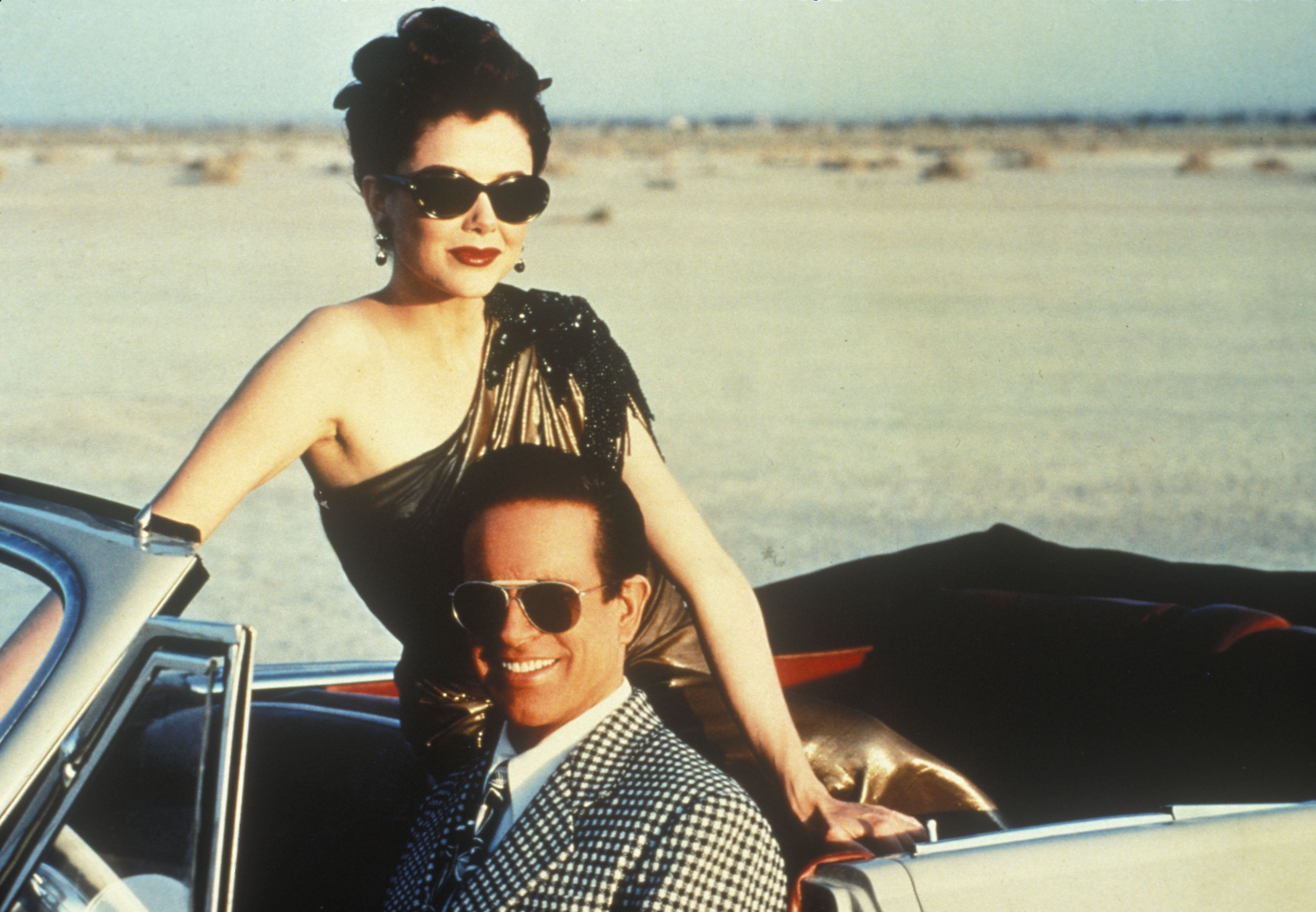Man out of time: Warren Beatty’s fall from favour
As the BFI prepares to screen ‘Dick Tracy’ next month, Geoffrey Macnab reveals how blown budgets, Oscar gaffes and recent allegations about his sex life have cast Tinseltown’s ultimate Lothario Warren Beatty and his films in a very different light

These haven’t been comfortable years for Warren Beatty, the 86-year-old who once seemed like Hollywood’s golden boy. His most recent feature, Rules Don’t Apply (2016), a lighthearted drama that he directed and starred in as the reclusive tycoon Howard Hughes, was a disaster at the box office and received stinking reviews. Beatty ended up being sued by his own producer for overspending on the marketing. The “wrong envelope” embarrassment still lingers from the Oscars night gaffe in 2017, when he and Faye Dunaway somehow gave La La Land the Best Picture award that should have gone to Moonlight.
The actor’s reputation as Tinseltown’s ultimate Lothario has also taken a knocking. In a new biography of Jackie Kennedy by J Randy Taraborrelli, the former first lady who allegedly had an affair with Beatty in the mid 1970s is quoted as saying of his amorous skills, “Oh, he’s fine. Men can only do so much anyway.” Another former lover, British star Joan Collins, who almost married Beatty at the start of his career, recently described him as a “total bore” in bed.
Woody Allen’s famous old quip, “If there is reincarnation, I’d like to come back as Warren Beatty’s fingertips”, now seems more tawdry than funny. Last year, legal action was begun against Beatty by Kristina Charlotte Hirsch, a Louisiana-based woman now in her sixties, who alleged that when she was 14 or 15 years old, “defendant Doe” (reported to be Beatty) used “his position and status as an adult, and a Hollywood movie star, to coerce sexual contact with Plaintiff on multiple occasions, including oral sex, simulated sex and finally coerced sexual intercourse with the minor child”.
In a period when he might have expected to be feted with lifetime achievement awards, Beatty is instead receiving the most hostile press coverage of his career. Some are questioning whether he is such a major figure in movie history after all. Early on in his career, he seemed to have the Midas touch. As his biographer Peter Biskind notes, the first four films he produced – Bonnie and Clyde (1967), Shampoo (1975), Heaven Can Wait (1978) and Reds (1981) – “racked up 35 Oscar nominations”, but that run has long since ended.
In the late 1960s and 70s, Beatty was – as Time magazine called him when they put him on their cover in July 1978 – “Mister Hollywood”. “No actor of his generation, not [Robert] Redford or [Jack] Nicholson, has been a star half as long as Beatty has. Few in the film industry make as much money. No one can do so many of the jobs required to create a successful film as he,” the magazine reported. He mingled with “the right people”, politicians like Robert F Kennedy and George McGovern, and the women in his life included such pin-ups of the era as Natalie Wood, Julie Christie and Diane Keaton.
Beatty famously featured in one of Hollywood’s greatest ever death scenes. At the end of Bonnie and Clyde, he and Dunaway, as the glamorous Depression-era criminals Clyde Barrow and Bonnie Parker, were ambushed on a country road and blasted to kingdom come in a hail of machine-gun bullets.
Bonnie and Clyde launched its male star as one of the pivotal figures in the fast-changing Hollywood of the counterculture era. He had everything going for him: good looks, intelligence, artistic credibility, enough rebelliousness to earn him comparisons with moody Method actors like James Dean and Marlon Brando, and enough charm and sensitivity to ingratiate himself with mainstream audiences. In hindsight, though, that brutal, slow-motion dance of death seems to prefigure what is happening to Beatty now.
Next month, audiences will have the chance to see Beatty’s 1990 comic-strip adventure Dick Tracy, which he directed and in which he co-stars with Madonna and Al Pacino. The movie is back on the big screen as part of the BFI’s Making Magic: 100 Years of Disney season. It serves as a reminder of just what an accomplished and stylish filmmaker Beatty used to be – but it is also a testament to his wanton extravagance.
This was a project that soared over its mooted budget of $23m (around £18m), eventually costing double that – and it would have been even more expensive had Disney executive Jeffrey Katzenberg not policed the production so carefully. It did well, but not well enough to spawn a franchise. The Disney top brass gave the impression that it had been such a nightmare to make that they didn’t want to stay in business for a minute longer than necessary with its famously dithering director-star.
“Beatty was indecisive, a perfectionist, and insisted on numerous takes of scenes. Notoriously promiscuous, Beatty was having an affair with his co-star, Madonna, even while arranging afternoon trysts on the set with other women. Though charming, Beatty consumed vast amounts of Katzenberg’s time,” the noted business journalist James B Stewart observed of Beatty’s destabilising effect on Disney in his 2005 book, DisneyWar.
The film was a risky endeavour. It was far too violent for a Disney family audience, but too kitsch to satisfy as a hardboiled crime picture. With its grotesque gangsters led by a misshapen, jutting-jawed Pacino as Big Boy Caprice, and its iridescent colour scheme, it has the look and feel of a Tim Burton Batman movie. Beatty laid on the pathos with his use of a doe-eyed orphan, the Kid (Charlie Korsmo). He relied on Madonna in one of her best screen performances, as nightclub chanteuse Breathless Mahoney, to give the story an erotic edge. She gets the best lines.
When asked how she is mourning the death of her lover and protector – the obese mobster Lips Manlis (Paul Sorvino) – Breathless replies, without missing a beat, that she is “wearing black underwear”. The director himself is on staunch form as the incorruptible, clean-cut hero Tracy, always seen in his trademark yellow coat and hat.

For all its flaws, Dick Tracy is flamboyant and lively fare, with a magical feel. This was an incongruous assignment for Beatty, a filmmaker and actor whose previous work had tended to have a strong political and satirical undertow. It is certainly nothing like Reds, his period epic about John Reed, the American socialist regarded as a hero in the Soviet Union who ended up buried in the Kremlin wall. Reds still stands as the most unlikely blockbuster in Hollywood history: a leftist drama about a fervent anti-capitalist, made by Paramount during Ronald Reagan’s presidency, at a time when the Cold War was still raging.
Hollywood doesn’t like communists. Christopher Nolan’s new feature Oppenheimer captures brilliantly the hostility and extreme distrust shown by the US government towards anybody with party links. Late in the film, after the war has ended, J Robert Oppenheimer (Cillian Murphy), the physicist haunted by his part in the development of the atomic bomb, has his security status revoked because of his alleged communist sympathies.
There are obvious overlaps between Oppenheimer and Reds. Both are big-budget studio movies that deal with politics head on. Oppenheimer was from a younger generation than Reed, and was a scientist, not a journalist, but both were Harvard-educated progressives. They moved in similar circles. Oppenheimer’s free-spirited lover, the beautiful, volatile party member Jean Tatlock (Florence Pugh), is very similar to Louise Bryant, the left-wing journalist played by Diane Keaton in Reds.
The difference in Reds is that the socialists are the heroes. Beatty’s star power had convinced the Hollywood studio to grit its teeth and bankroll a film in which, for once, communism wasn’t a dirty word. The main characters show no guilt about their beliefs, either. Reed and Bryant travel to Russia in time for the 1917 revolution. We see them enthusiastically joining the Bolshevik marches as the anthem “The Internationale” blares out on the soundtrack. Between street protests, they throw snowballs at each other and make love.
Quite apart from its politics, the film’s format is highly adventurous. Beatty included lengthy documentary excerpts featuring the reminiscences of “witnesses”, real people who had lived through the period the movie dramatises. Among them were novelists Henry Miller and Rebecca West, and Oleg Kerensky, the son of Alexander Kerensky, the leader of the Russian provisional government toppled in the October Revolution.

Like other Beatty films, Reds went well over budget. Many regarded it as a vanity project on behalf of its writer-director-star. Nonetheless, once the film was ready for release, he gave very few interviews to support it and seemed to retreat from the limelight.
After Reds came the debacle of Elaine May’s adventure-comedy Ishtar (1987). Beatty produced it and starred in it with Dustin Hoffman, but it belly-flopped at the box office. Dick Tracy partially restored his commercial reputation. Meanwhile, Barry Levinson’s crime drama Bugsy (1991), in which Beatty starred as charismatic mobster Bugsy Siegel, sharing the screen with his soon-to-be-wife Annette Bening, reinforced his credentials as a leading man. But the gaps between his movies began to grow.
“I didn’t have to grind them out. I could go long periods where I was living life, rather than tripping over cables,” Beatty told Vanity Fair in a rare interview he gave in 2016. Belying his reputation for ruthless ambition, he claimed he was happier to stay at home with Bening and his family than to work.
Whereas other, more prolific actors and directors of a similar age, such as Harrison Ford and Martin Scorsese, remain household names, Beatty’s once lambent reputation has faded fast. Working infrequently and shunning the media, he simply isn’t recognised by a new generation of cinema-goers.
“It’s distressing to have to make a case for his importance just because no one under 40 (maybe 50) knows who he is,” Beatty’s biographer Biskind wrote back in 2010 – and Beatty is arguably even less well known today than he was then. Biskind argues that Bonnie and Clyde, Shampoo, Heaven Can Wait, Reds, Bugsy, Bulworth (1998) and McCabe & Mrs Miller (1971) are easily enough to cement his place as “one of the foremost filmmakers of his generation”. Nonetheless, even some of those old classics have slipped out of sight.

Beatty was back on screen as Dick Tracy earlier this year, when he appeared in the spoof TV show for TCM, Dick Tracy Special: Tracy Zooms in, a 25-minute skit that he co-wrote and co-directed. The detective is shown on a Zoom call with critic Leonard Martin and TCM host Ben Mankiewicz. He is in full Tracy outfit with his yellow hat and coat, complaining about the lack of realism in the Beatty movie.
It’s a bizarre, self-referential affair in which Tracy attributes his good health to “small portions, exercise ... and pomegranates” while expressing his misgivings about the way that Beatty played him. Confusingly, Beatty also appears as himself. He and Tracy watch clips from the original movie together and discuss them. There is an obvious poignance in the scenes in which Tracy laments the way the business has changed. “People want to watch movies at home so they can pause and use their cellphone,” he sighs.
The trade press speculated that the short film had been made simply to enable the star to “retain the legal rights” to Dick Tracy by showing that he was continuing to work on the character. Whatever the case, the lukewarm response to the show underlined just how far Beatty’s status had plummeted. There was once a time when any new screen appearance from Beatty would have provoked a media frenzy. Dispiritingly, the Dick Tracy special was hardly even noticed.
‘Dick Tracy’ screens next month as part of BFI’s Making Magic: 100 Years of Disney season
Subscribe to Independent Premium to bookmark this article
Want to bookmark your favourite articles and stories to read or reference later? Start your Independent Premium subscription today.



Join our commenting forum
Join thought-provoking conversations, follow other Independent readers and see their replies
Comments